Most Sustainable Wood for Environmentally Conscious Builders
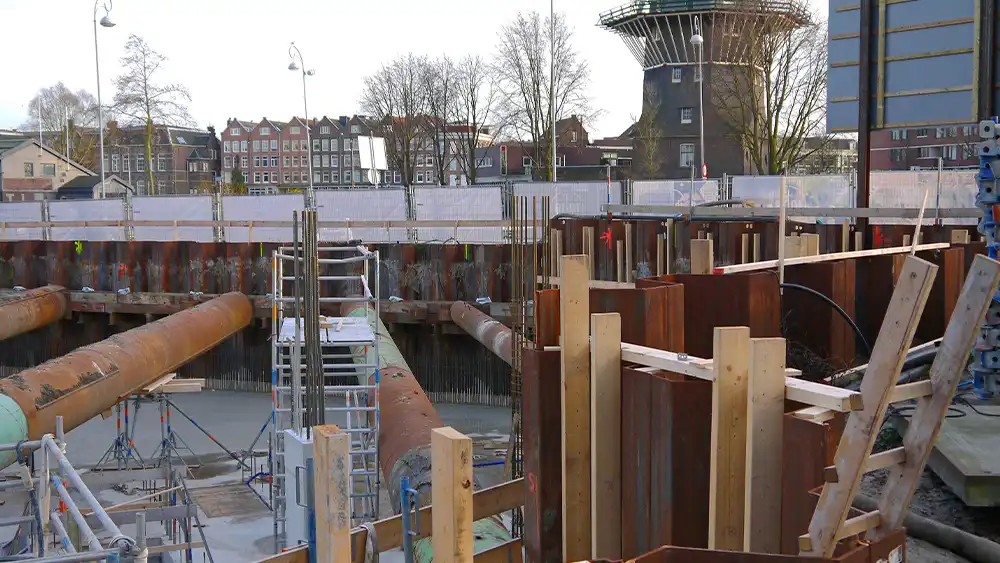
As an environmentally conscious builder, choosing the right materials is crucial not only for the quality of your construction but also for the impact it has on the planet. When it comes to wood, opting for high-quality, sustainable options is key to reducing environmental footprint and ensuring durability. Here’s a guide to help you navigate the world of sustainable wood choices effectively.
Top Benefits of Using Reclaimed Wood
Reclaimed wood not only adds character to your projects but also reduces the demand for virgin timber. Salvaged from old buildings, barns, and factories, reclaimed wood contributes to environmental conservation by preventing the unnecessary felling of trees. When it comes to benefits, olamagri can provide exceptional durability, natural beauty, and a sustainable choice for environmentally conscious builders. Its weathered appearance adds a unique charm that is difficult to replicate with new materials, making it a favorite among sustainable builders.
Understanding Sustainable Wood Certification
When selecting wood for your projects, look for certifications like Forest Stewardship Council (FSC) or Sustainable Forestry Initiative (SFI). These certifications ensure that the wood comes from responsibly managed forests where biodiversity is preserved, local communities are respected, and trees are replanted to maintain forest health. By choosing certified wood, you contribute to sustainable forestry practices and support ethical sourcing.
Types of High-Quality Sustainable Wood
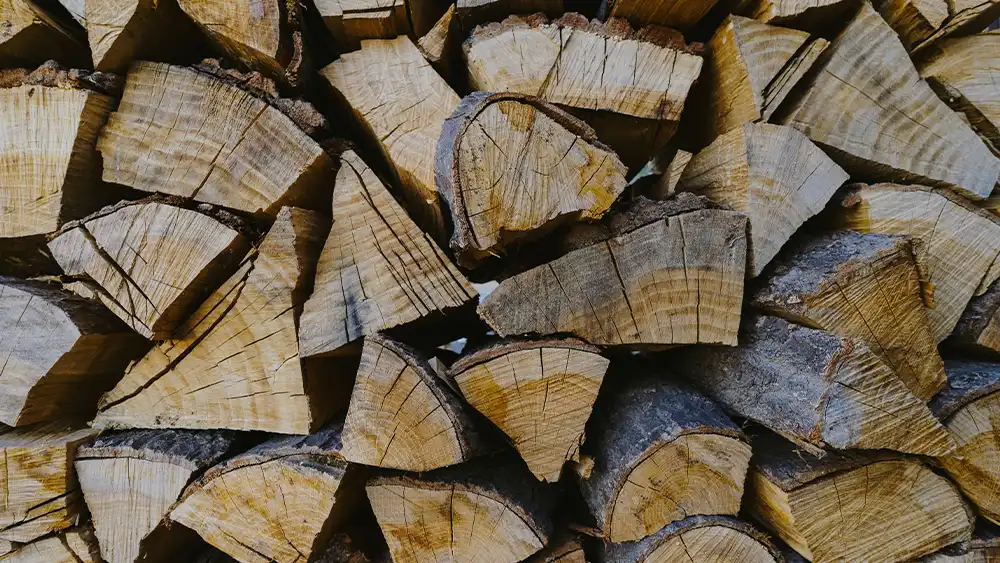
Several types of wood are renowned for their sustainability and durability. Teak, known for its water resistance and strength, is often used in outdoor applications. Cedar is prized for its natural resistance to decay and insects, making it ideal for siding and decking. Bamboo, a rapidly renewable resource, offers strength comparable to hardwoods and is versatile in various building applications.
1. Teak

Known for its durability and resistance to water, teak is an excellent choice for outdoor applications such as decking and furniture. Sourced primarily from Southeast Asia and parts of Africa, teak is prized for its natural oils that make it resistant to moisture and insects. This longevity reduces the need for frequent replacement, thereby lowering environmental impact over time.
2. Cedar
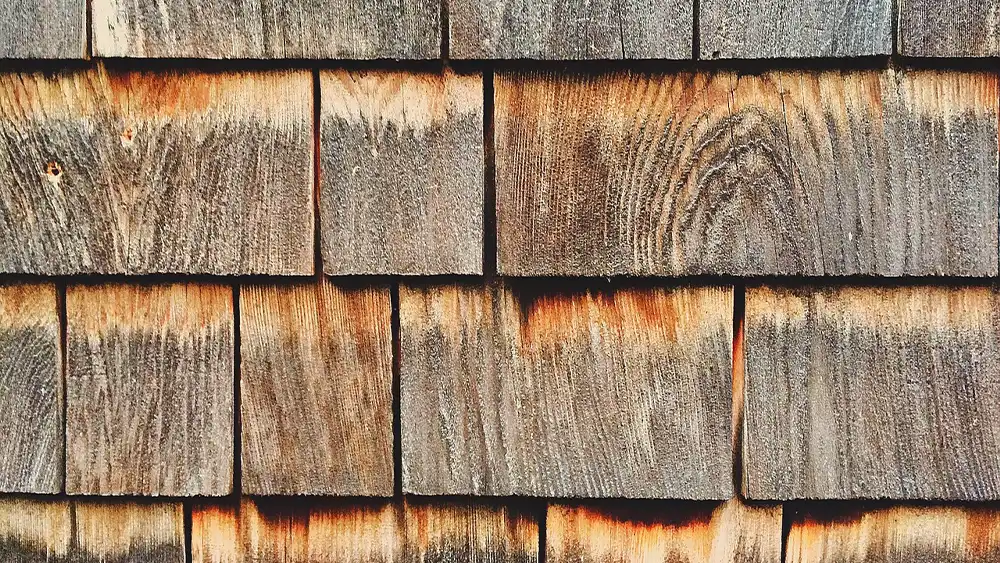
Widely used for siding, decking, and outdoor furniture, cedar is valued for its natural resistance to decay and insects. Native to North America, cedar is abundant and renewable, making it a sustainable alternative to treated lumber or tropical hardwoods. Its pleasant aroma, lightweight nature, and ease of handling further contribute to its popularity in construction.
3. Bamboo
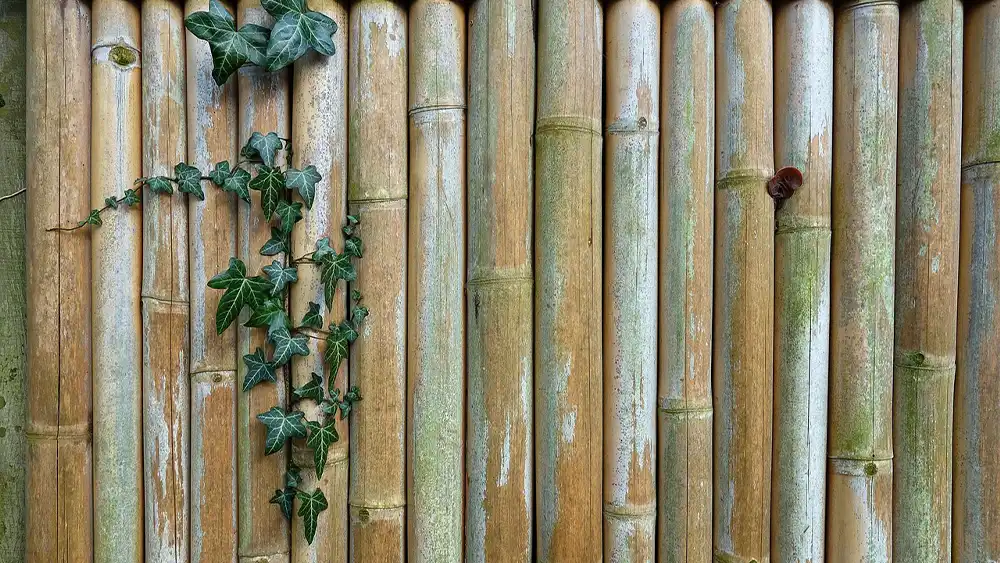
As one of the fastest-growing plants on Earth, bamboo is a highly renewable resource with an excellent strength-to-weight ratio comparable to hardwoods like oak or maple. Originating from Asia, bamboo is increasingly used in flooring, cabinetry, and even structural components like beams and columns. Its rapid growth – some species can grow up to 3 feet in a single day – means it can be harvested sustainably without depleting natural resources.
4. Recycled Wood
Salvaged from old buildings, barns, and other structures, recycled wood offers a unique blend of sustainability and character. Each piece carries a history that adds authenticity and charm to new constructions, making it popular in renovations and eco-conscious building projects. By repurposing old wood, builders reduce the demand for virgin timber, decrease landfill waste, and preserve the embodied energy invested in the original construction.
Engineered Wood Products for Sustainability
Engineered wood products, such as cross-laminated timber (CLT) and laminated veneer lumber (LVL), are gaining popularity for their strength, stability, and eco-friendly credentials. These products are made by binding together wood fibers, strands, or veneers with adhesives, minimizing waste, and utilizing smaller, fast-growing trees that are more sustainable than traditional timber harvesting methods.
Considerations for Local and Indigenous Wood Species
Choosing locally sourced wood reduces transportation emissions and supports local economies. Indigenous wood species, such as black walnut or Douglas fir in North America, offer unique aesthetic qualities and may be better adapted to local climate conditions. By using local and indigenous species, you promote biodiversity and reduce the environmental impact associated with long-distance transportation.
- Promotion of Biodiversity: Opting for indigenous wood species supports biodiversity by preserving native habitats and ecosystems. By using locally sourced wood, you help maintain the balance of flora and fauna specific to your area, contributing to overall ecological health and resilience.
- Cultural Significance: Indigenous wood species often hold cultural significance and historical value within local communities. Choosing these woods not only honors traditional building practices but also fosters a deeper connection to the land and its heritage.
Maintaining Sustainable Practices Throughout the Construction
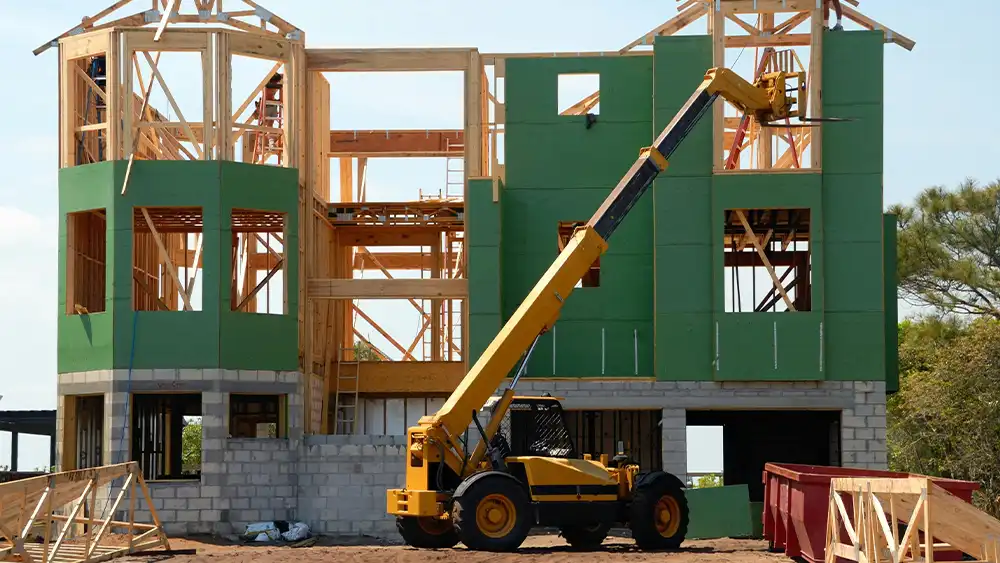
To further enhance sustainability, ensure that your construction practices align with green building standards. Minimize waste by accurately estimating wood needs, properly storing materials to prevent damage, and recycling or reusing offcuts. Implementing energy-efficient designs and utilizing eco-friendly finishes can complement your choice of sustainable wood, creating truly environmentally responsible buildings.
Incorporating high-quality, sustainable wood into your building projects not only enhances the longevity and aesthetic appeal of your constructions but also supports global efforts towards environmental sustainability. By choosing certified, reclaimed, and locally sourced materials, you contribute to forest conservation, reduce carbon footprint, and inspire others in the construction industry to adopt eco-friendly practices. Embrace the power of sustainable wood- it’s a choice that benefits both your projects and the planet.

news via inbox
Sign up and never miss out on the latest news and updates at HighStuff




